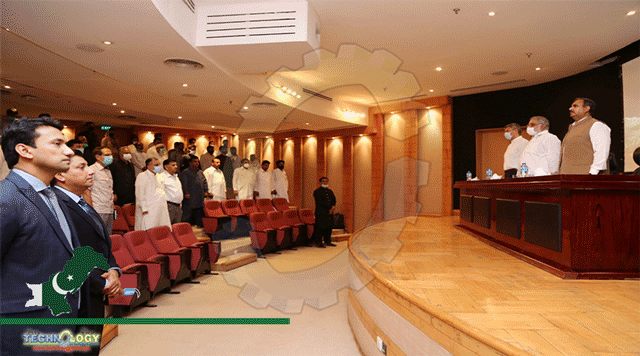The Case Flow Management system has helped the District Authority resolve 96% of the complaints it received and 92% of the cases it sent to the district consumer courts.

The “Case Flow Management System” created by the Punjab Information Technology Board (PITB) for the Directorate of Consumer Protection Council has recorded a total of 48,721 complaints for the District Authority and 50,059 complaints for the District Consumer Courts since its launch in 2019.
This information was revealed during a progress review meeting held at the Arfa Software Technology Park and presided over by PITB Chairman Faisal Yousaf (ASTP).
The attendees were informed that out of the 48,721 complaints recorded by the District Authority, 46,597 had been resolved, and out of the 50,059 complaints recorded by the District Consumer Courts, 46,911 had been resolved.
The Case Flow Management System is significant in that it has improved the efficiency and quality of public services by digitizing the manual systems of the District Consumer Courts, Councils, and District Authority. It has also led to a high rate of resolution for complaints and cases.
Specifically, the system has helped the District Authority resolve 96% of the complaints it received and 92% of the cases it sent to the district consumer courts.
The “Case Flow Management System” created by the Punjab Information Technology Board designed to manage and streamline the flow of cases through the courts in the Punjab province of Pakistan.
It aims to improve the efficiency and transparency of the court system, reduce corruption and delays, and provide citizens with a convenient way to access court services and information.
Over the years, it has implemented numerous initiatives in the fields of e-governance, healthcare, education, and other sectors. Some of its key projects include the establishment of IT parks and technology incubators, the development of a cloud computing platform, and the creation of a case flow management system for the Directorate of Consumer Protection Council.
